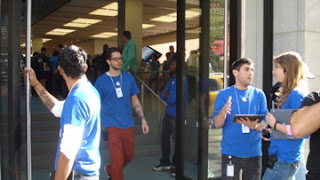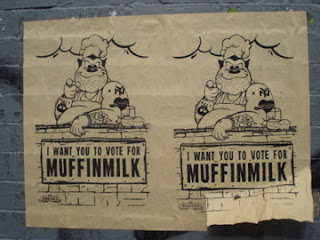(Drivebycuriosity) - For years Hollywood has been showing a fascination with Wall Street. Usually the billionaire finance moguls are shown as villains, as you could see in movies like "Wall Street","American Psycho and "Cosmopolis". "Arbitrage", which is now running in US theaters, is the newest example (imdb).
The flick tells some days in the life of an asset manager who's streak of luck has ended and his professional and personal life has turned into a mess. The producers engaged two Hollywood brand names, Richard Gere & Susan Sarandon. Both delivered solid performances. Gere used his familiar charm to play the sued but manipulative & scrupulous billionaire and Sarandon performed as his adequate wife, a calculating charitable society woman who doesn`t mind to cover a crime if it pays for her. But my favorites are Tim Roth as a (bit too) street smart detective and the way underrated Stuart Margolin, who plays a lawyer you would wish to know if you were really in trouble.
The flick was shot mostly in the now popular cool colors and reminded me a bit of the legion of serial TV-thrillers you can see these days, but lacking the thrill. "Arbitrage" doesn´t convincingly show the shameless wealth of the mega-rich, maybe this was beyond the budged or the fantasy of the makers. But anyway: The flick is more accessible than "Cosmopolis" and less gruesome than "American Psycho". "Arbitrage" is somewhat entertaining and could serve as an unambitious family TV entertainment (no sex & violence) in a cinema theater.






























.jpg)
.jpg)
.jpg)
.jpg)
.jpg)
.jpg)
.jpg)
.jpg)
.jpg)
.jpg)
.jpg)








